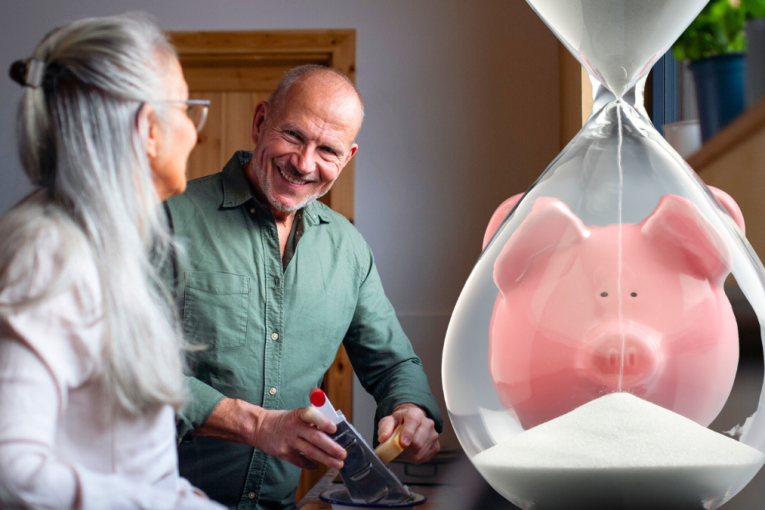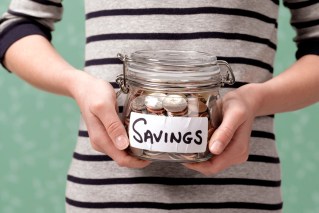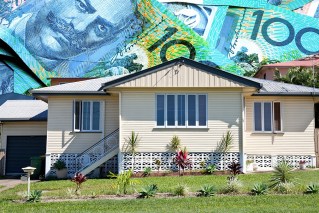Tax could spur gearing surge
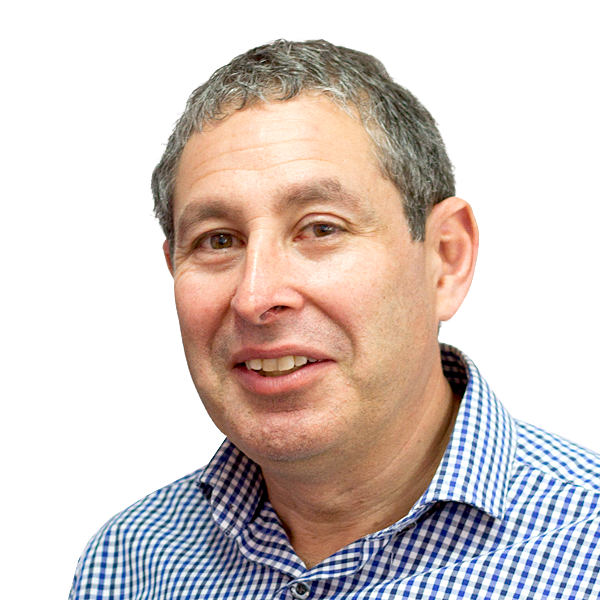
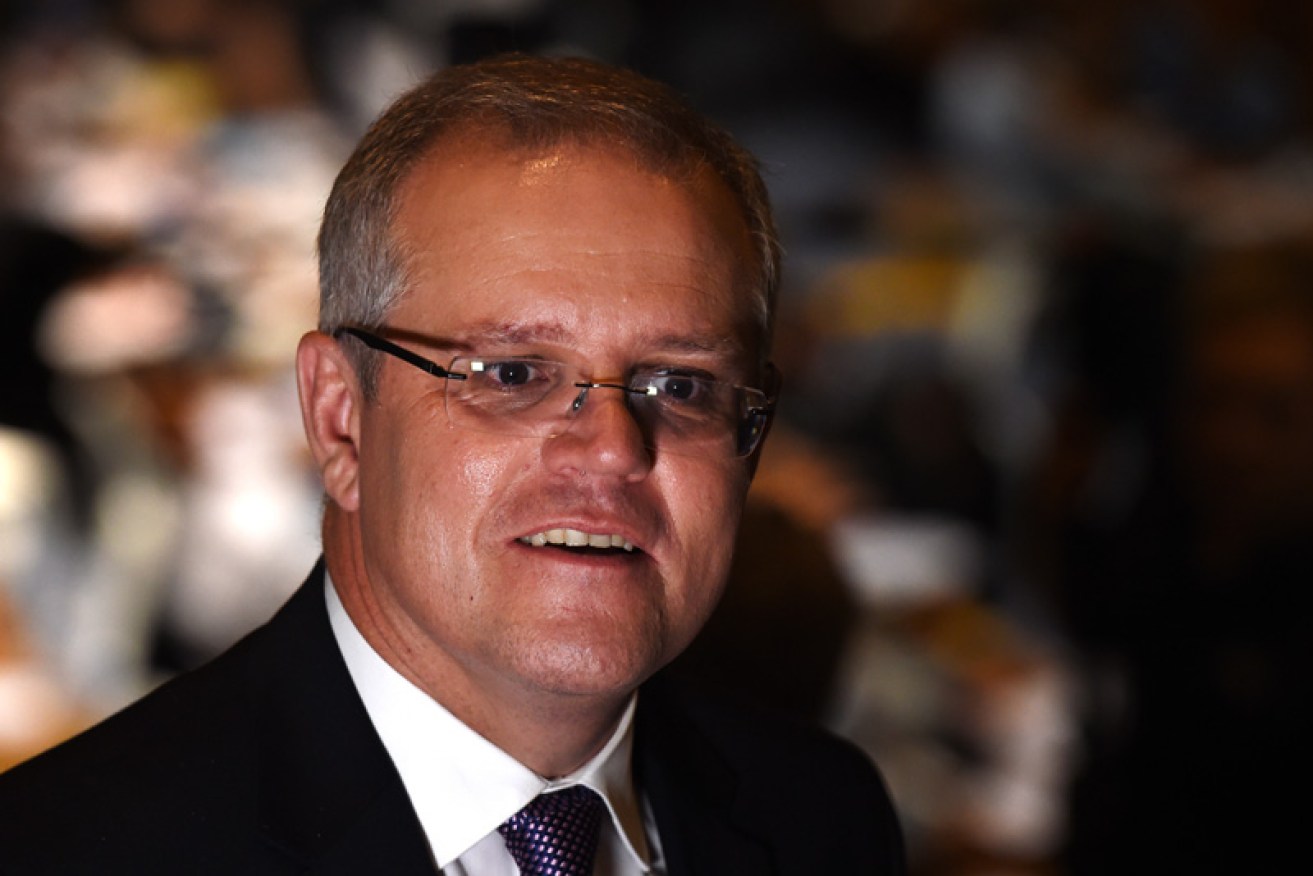
Scott Morrison may have changed the balance.Photo:AAP
The federal government could inadvertently be fuelling a future negative gearing surge in an already overheated property market as a result of some of the superannuation changes it unveiled in its 2016/17 budget.
That’s the view of some experts, who believe retirees with very high super account balances may choose to offset looming tax increases by shifting funds into other assets such as property and using borrowings to reduce their tax bill.
The government announced on Tuesday that from July 1, 2017, individuals in pension phase would be able to have a maximum of $1.6 million inside their super where they pay no tax on earnings. Any funds above that level would then be put onto an accumulation account, with earnings taxed at 15 per cent.
• Reforms get broad tick, but not all are super
• Morrison’s super budget fails to fly
• Scott Morrison takes the axe to super perks for the wealthy
Retirees will look to cut their tax

Angie Zigomanis forecasts some super will be switched into geared properties.
To get around the new super retirement tax, some expect individuals with large balances operating their own super funds will look at other options like negative gearing to cut their tax rate below the 15 per cent they would otherwise have to pay.
BIS Shrapnel senior analyst, Angie Zigomanis, agreed that retirees with large balances used to paying no tax would likely seek out alternative investment options such as residential or commercial property.
But he pointed that the 15 per cent tax rate to be applied to surplus pension funds in accumulation accounts would still be attractive.
“People will look at other areas to minimise tax,” Mr Zigomanis said. “For estate planning purposes, they may get better returns outside of the super system. There will definitely be people moving funds outside of super into property.”
SMSF Association head of policy, Jordan George, agreed but added the number of people with high balances is small.
“People will seek to take excess money out of super rather than leave it taxed at 15 per cent if they can achieve better outcomes outside of superannuation,” he said.
Mr George said one area where the latest changes will have influence will be where small business owners approaching retirement choose to sell up. Instead of putting all their funds into super, they may reinvest some outside.
Super still a low tax haven

Treasurer Morrison’s budget may have changed the balance.Photo:AAP
But Grattan Institute chief executive John Daley said the announced reforms wouldn’t lead to large amounts of money being taken of super pensions.
“My guess is that leakage will be close to zero,” Mr Daley said. “They will leave it in super as they would pay more tax outside.”
Mr Daley said higher income earners’ marginal tax rate would be lower putting money into superannuation than by investing on negatively geared housing.
“Those investing in housing are still paying their marginal tax rate on earnings.
“Super is not an asset class but a tax wrapper; people in the super system are still advantaged by that tax wrapper.”
Industry Superannuation Australia chief economist, Stephen Anthony, also said he believed the announced changes would have little impact because they only affected a small proportion of people in the super system.
“The changes may lead to them reinvesting, but that may be a good thing anyway. It will lead to a better allocation of capital in the end.”
Higher risk may deter investors

Retirees with more than $1.6 million in super may want to unlock their excess funds. Photo:Getty
Prosperity Advisers director John Manuel said that the superannuation system was still the most concessionally taxed area.
“I don’t see a flood of money coming out of super on the back of these changes,” he said.
While individuals could shift money out of superannuation into negatively geared property, Mr Manuel said this would entail taking on a lot more risk.
“You would have to gear up heavily to make it come anywhere close to what can be achieved in superannuation where earnings are taxed at 15 per cent,” he said.
“The alternative is to put money into a company structure where it is taxed at 30 per cent, or to pay personal income tax at 49 per cent.”
